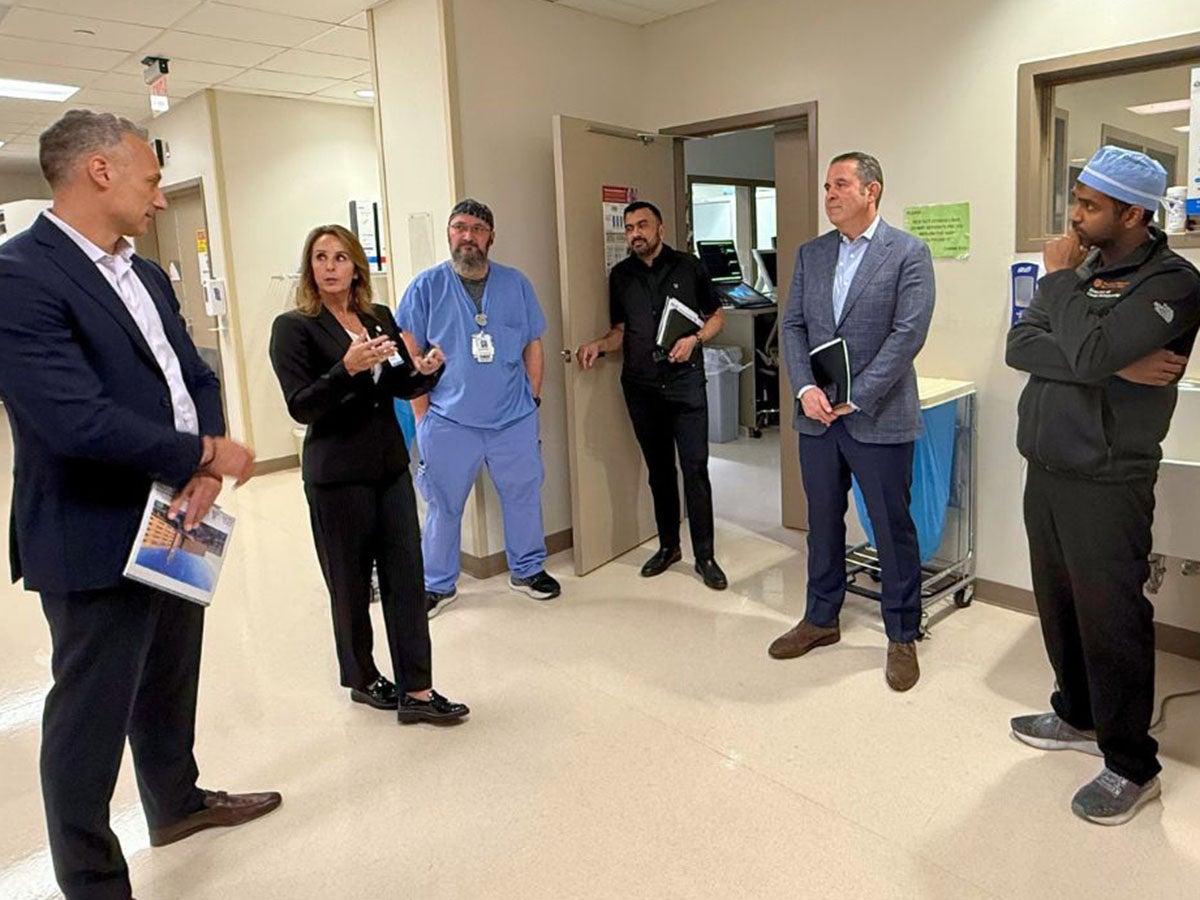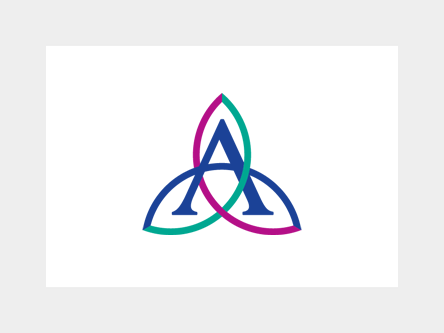As Congress returns for its final working sessions of 2024, there are several critical areas of focus lawmakers should prioritize to protect access to quality health care for patients and strengthen our health care system. Guided by our Ministry’s commitment to providing every person with access to high-quality health care, Ascension is focusing our advocacy on the following policy priorities between now and the new Congress.
Preventing Cuts to the Nation’s Health Care Providers
Improve 2025 Medicare Physician Fee Schedule – The Centers for Medicare and Medicaid Services (CMS) has finalized 2.8 percent Medicare payment cuts for physicians, despite CMS’ own estimate that practice-cost expenses will rise by 3.6 percent. This move will be unsustainable and ultimately harm patients. To that end, we support the Medicare Patient Access and Practice Stabilization Act, bipartisan legislation that would instead provide a 4.7 percent payment increase for 2025.
Reject “Site-Neutral” Proposals – Imposing “site-neutral payments” fails to take into consideration the unique role and additional value hospitals provide to patients. Hospitals are open 24/7/365 to anyone who needs them and provide life-saving urgent and specialty care. Reimbursement rates must reflect the indispensable benefit hospitals offer their communities, particularly in rural communities where other providers may not be accessible.
Make Permanent or Extend MDH/LVH Programs – The Medicare Dependent Hospital (MDH) and Low Volume Adjustment (LVA) programs support rural hospitals with small patient loads. The hospitals that participate in these programs are essential to preserving access to care in rural communities with lower population density, but will require Congressional action to extend them beyond 2024.
Reject Medicaid DSH Cuts – The Medicaid Disproportionate Share Hospital (DSH) program budget could be slashed by $8 billion on January 1, 2025, if Congress does not take action to protect access to care for disadvantaged populations.
Waive PAYGO – A statutory budget rule called “Pay As You Go,” or PAYGO, requires Congress to offset spending costs in new legislation. While PAYGO could be appropriate in other settings, in health care, it has the potential to cause patients harm. Congress should waive the PAYGO requirements to prevent the upcoming 4 percent Medicare reimbursement cuts, which will hurt both hospitals and patients alike.
Extending and Making Permanent Critical Telehealth Flexibilities
Telehealth is an increasingly critical tool to expand access to quality health care and improve outcomes for patients – particularly the underserved and the vulnerable. As the country learned during the COVID-19 pandemic, telehealth services can remove barriers for patients associated with in-person visits, such as long-distance travel, missed time from work or challenges with scheduling or billing. Ascension supports an urgent extension of flexibilities that allow Medicare coverage for telehealth services currently set to expire at the end of the year — and continued bipartisan collaboration to permanently protect access to virtual care for Medicare beneficiaries. Learn more from Telehealth Access for America.
Holding Corporate Insurers Accountable
Many Medicare Advantage (MA) plans have been increasingly using exploitative tactics such as abusive prior authorization policies and delayed reimbursements to delay and deny necessary patient care. MA plans also make appeals processes excessively complex, discouraging patients from fighting for the care they need while padding their own profits. The delay and denial tactics corporate insurers utilize don’t just create burden for providers, but they harm patient outcomes as well. Ascension supports real solutions to hold these insurers accountable for the harm they cause vulnerable patients.
Supporting the Health Care Workforce
Our nation’s health care workers were heroes on the front lines of the COVID-19 pandemic, but they’re nonetheless subjected to harrowing problems like workplace violence, which Congress can help remedy. By supporting H.R. 2584/S. 2768, or the “SAVE Act,” lawmakers would increase penalties against those who harm health care workers, deter future violence, and support hospitals’ efforts to keep health care workers safe.




